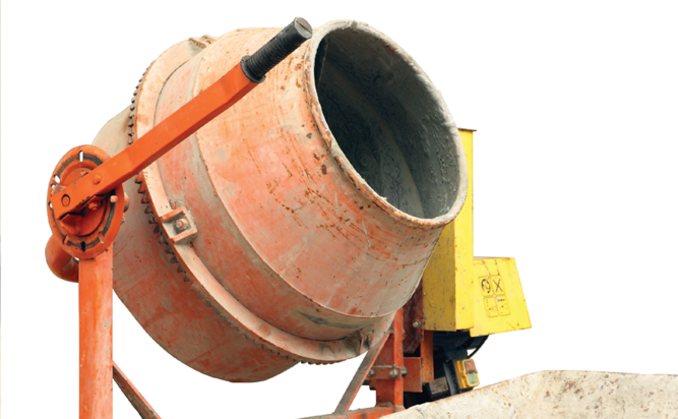
The Clean Energy Ministerial CCUS and Global Cement and Concrete Association join forces to help accelerate decarbonisation effort across the cement industry
The Clean Energy Ministerial and the Global Cement and Concrete Association (GCCA) have announced a new partnership which aims to accelerate decarbonisation of the global cement industry by scaling up the deployment of carbon capture, utilisation and storage (CCUS) technologies.
Confirmed late last week at the Global Clean Energy Action Forum (GCEAF) in Pittsburgh, US, the new agreement will see the cement and concrete industry work more closely with those governments signed up to the Clean Energy Ministerial to explore the incentives, policy frameworks, and financing solutions needed to enable a wave of industrial-scale CCUS projects over the next 10 years.
The two organisations announced they will also work together to ensure the long-term deployment of CCUS, beyond 2030, via both policy and technological development.
The agreement stresses the role CCUS can play in delivering on government's net zero goals and aims to facilitate the identification and mapping of potential cement-sector CCUS projects.
It will also explore the transport and storage infrastructure needs involved in integrating cement CCUS projects into strategic CCUS transport and storage hubs. And it aims to help foster project partnerships that can lead to an acceleration in CCUS development in emerging and developing economies.
"Cement is the vital ingredient in concrete, the world's most-used human-made material. It is the backbone of the modern world," said Thomas Guillot, chief executive officer of the Global Cement and Concrete Association.
"The industry is striving to innovate at every stage of the concrete life cycle. We see carbon capture as a vital lever for the global cement industry to achieve its ambitious goal of net-zero concrete by 2050."
Guillot added that the first cement CCUS projects are already starting to emerge. He said the GCSA has mapped 35 projects which have already been announced across the world, with an additional 100 projects in the pipeline.
"This is good progress, but we cannot achieve our decarbonisation mission alone," he added. "CCUS is a key enabling technology, and it is a critical area for collaboration to ensure that government policy, enabling infrastructure and wider investment is in place. That is why the partnership with the Clean Energy Ministerial CCUS Initiative is so important, to help unlock and accelerate further progress and deployment."
However, CCUS technologies require significant investment and advocates of the carbon capture projects have long argued that without effective policy support or appropriate carbon prices the sector will struggle to expand.
As such, Henriette Nesheim, assistant director general, Norwegian Ministry of Petroleum and Energy and the Clean Energy Ministerial's CCUS Initiative Co-Lead, said the new partnership represented a "great" opportunity for governments and industry to work together to develop policy frameworks that can allow more projects to be delivered.
Brad Crabtree, assistant secretary for fossil energy and carbon management at the US Department of Energy, said: "Reaching our ambitious climate goals requires the decarbonisation of various heavy industries, including cement production. In the United States, through the support of Congress, we are currently funding projects to develop carbon capture technologies in cement and other key industrial sectors that are essential to modern life, with the aim of helping to achieve net-zero emissions economywide by 2050 and retaining and creating high-wage industrial jobs. The US Government is keen to drive progress in this area, together with our partners in the CEM CCUS Initiative and the Global Cement and Concrete Association."
The GCCA said the new agreement also aligns with its 2050 Net Zero Roadmap, which it launched last year and in which its members committed to the deployment of at least 10 industrial-scale CCUS projects by 2030.
The announcement of the partnership follows on from news last week from the UN Industrial Development Organisation (UNIDO) when it unveiled a new Green Public Procurement Pledge at the Clean Energy Ministerial meeting in Pittsburgh, detailing plans for governments and public sector bodies to catalyse demand for low-carbon steel, cement, and concrete for key construction projects.
According to UNIDO, these materials currently contribute the largest share of industrial carbon emissions, with steel and cement accounting for 50 per cent of all industrial emissions.









